Bitcoin fork: What it is, why it happens, and what you need to know
When a Bitcoin fork, a split in the Bitcoin blockchain that creates a new version of the network. Also known as blockchain fork, it happens when developers or miners disagree on how the network should change—whether it’s transaction speed, block size, or rules for mining. This isn’t just technical jargon—it’s what created Bitcoin Cash, Bitcoin SV, and dozens of other coins you’ve probably heard of. A Bitcoin fork isn’t a glitch. It’s a deliberate decision, often driven by ideology, scalability needs, or power struggles within the community.
There are two main types: hard fork, a permanent split that requires all users to upgrade their software to stay on the new chain and soft fork, a backward-compatible update where older nodes can still validate new blocks. Hard forks are the big ones—the kind that make headlines and create new coins. Soft forks? They’re quieter, like a software patch. Most Bitcoin forks you care about are hard forks. They give you a claim to free coins on the new chain, but they also bring risk. Some forks die within weeks. Others, like Bitcoin Cash, stuck around with real trading volume and users.
Why does any of this matter to you? Because if you held Bitcoin when a fork happened, you likely got free coins. But if you didn’t know how to claim them, you lost money. And if you bought a forked coin without understanding its team, liquidity, or purpose, you might’ve ended up with a worthless token—like many of the meme coins and abandoned chains listed in our posts. A Bitcoin fork isn’t just code. It’s a test of trust, adoption, and long-term viability. The ones that survive have real demand, active developers, and exchange listings. The rest? They vanish into obscurity, leaving behind empty wallets and confused investors.
What you’ll find below are real-world examples of what happens after a fork—whether it’s a failed exchange like XeggeX that couldn’t handle the split, a token like XERS with no team or volume, or a project like Paradox that promised a metaverse but delivered nothing. These aren’t hypotheticals. They’re lessons from people who got burned. Some forks are legitimate upgrades. Others are scams dressed up as innovation. You need to know the difference before you click "claim" on a new coin.

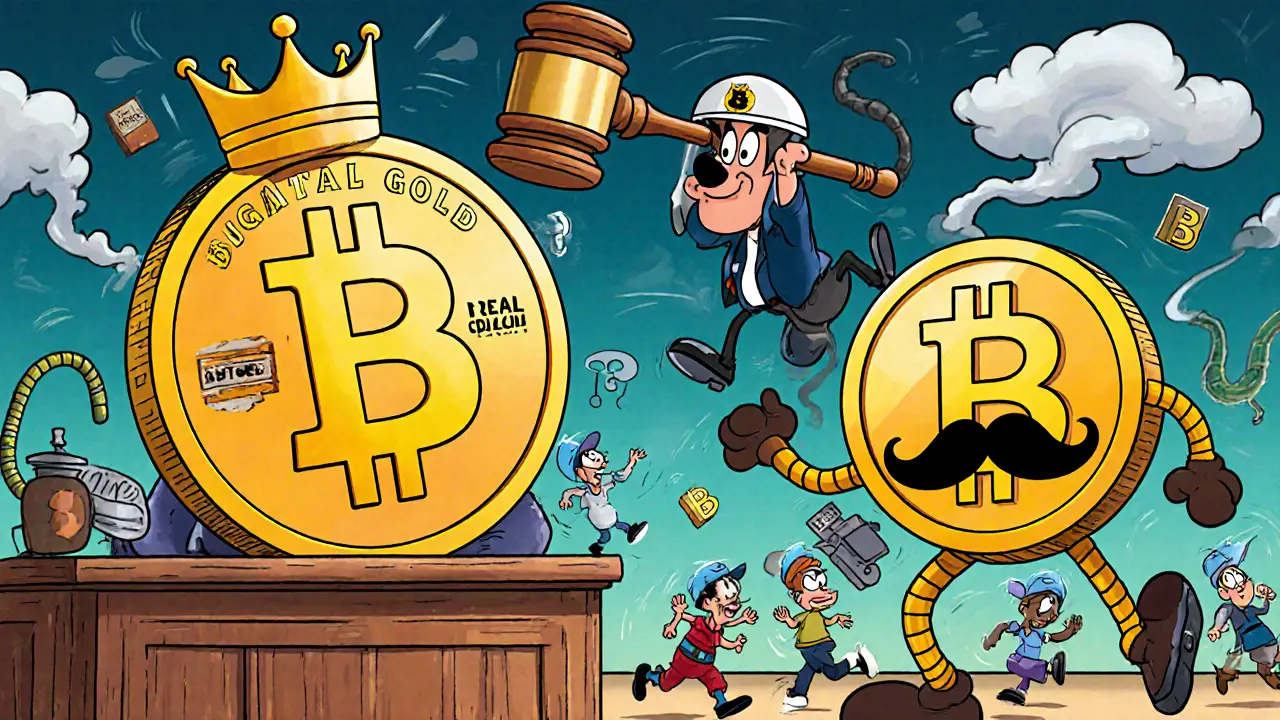
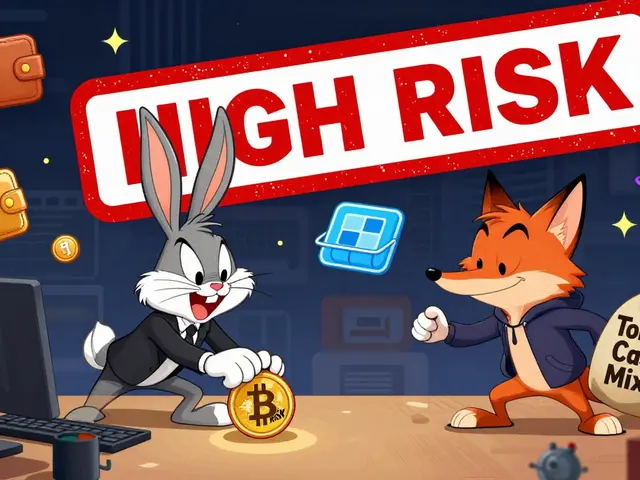
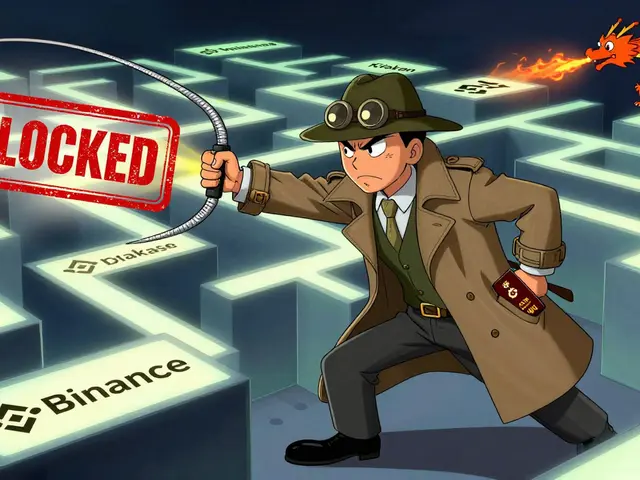
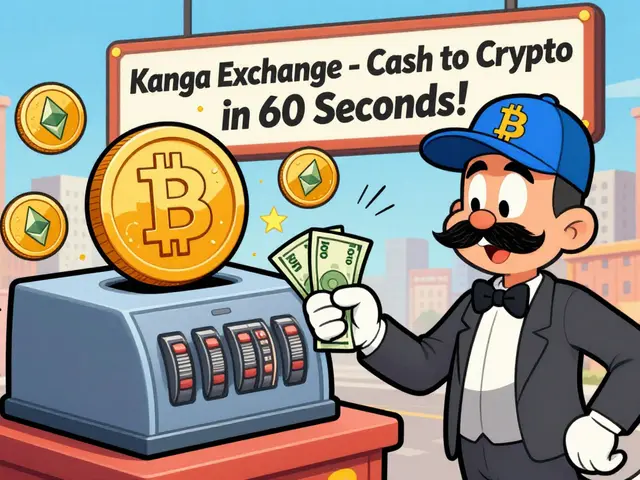
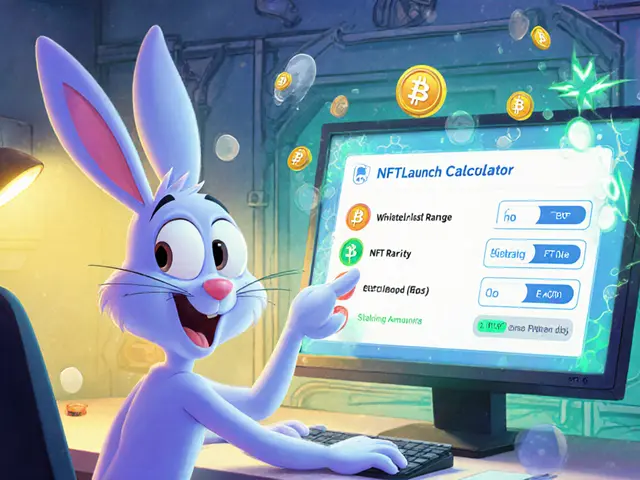

Categories